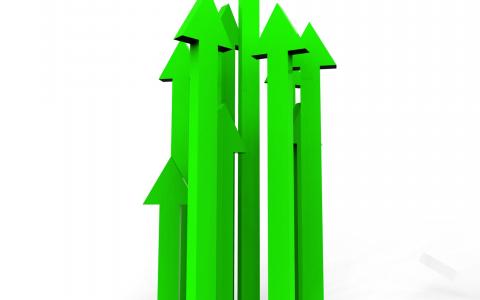
(Bloomberg) - Federal Reserve Bank of St. Louis President James Bullard said the U.S. central bank needs to move forward its plans to raise interest rates to underline the Fed’s inflation-fighting credibility.
“I do think we need to front-load more of our planned removal of accommodation than we would have previously,” Bullard, who votes on monetary policy this year, said in an interview on CNBC on Monday. “These are numbers Alan Greenspan never saw,” Bullard said, referring to the former Fed chairman. “Our credibility is on the line here and we do have to react to data.”
Bullard repeated his view that the Fed should raise interest rates by 100 basis points by July 1, and start shrinking its balance sheet in the second quarter, in response to the strongest inflation in 40 years. The Federal Open Market Committee next meets March 15-16, and Bullard said he would defer to Chair Jerome Powell on whether the initial increase should be a quarter point or half point.
Bullard said inflation is broadening and possibly accelerating, citing the past four inflation reports. He spoke after the January consumer price index print showed a 7.5% annual increase, the biggest since 1982. Gains were broad-based, extending beyond food and energy to categories including household furnishings and health insurance.
“The inflation we are seeing is very bad for low- and moderate-income households,” Bullard said. “Real wages are declining. People are unhappy. Consumer confidence is declining. This is not a good situation. We have to reassure people that we are going to defend our inflation target and we’re going to get inflation back to 2%.”
Bullard said the Fed can remove accommodation without being disruptive to markets as the economy will continue to have a strong year and the unemployment rate could drop to below 3%.
Investors have raised bets on the pace of rate hikes since the January meeting of the FOMC, shifting to six or seven this year versus the three that officials forecast in December.
Richmond Fed President Thomas Barkin, speaking separately Monday in an interview on SiriusXM Business Radio, said “it’s timely to get started and steadily move back toward pre-pandemic levels,” adding that the path for the policy rate will be shaped by what happens to inflation.
“Will it settle back down to levels -- more like levels -- we’ve seen over the last 30 years? Or will it not settle back down? And of course, depending on that answer you could adjust your pace and your timing.”
By Steve Matthews



